We love buying yearlings at Syndicates.Racing. Buying a yearling can be a rewarding investment, but it requires careful consideration and knowledge. Here are some key factors we look out for:
Buying a yearling involves evaluating their pedigree, physical conformation, health, temperament, and auction insights. By considering these factors, you can make an informed decision and increase your chances of acquiring a successful racehorse.
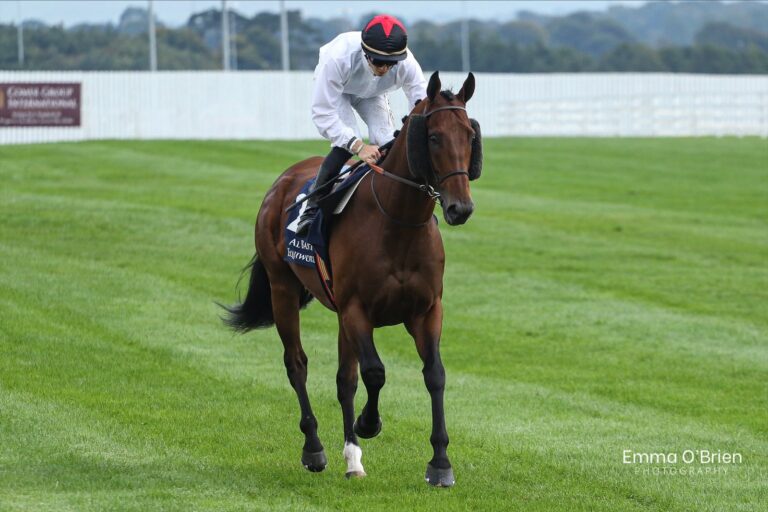
Evaluating a racehorse’s conformation is a critical skill that can significantly impact your success in the racing industry. At Syndicates.Racing, we prioritize this aspect to
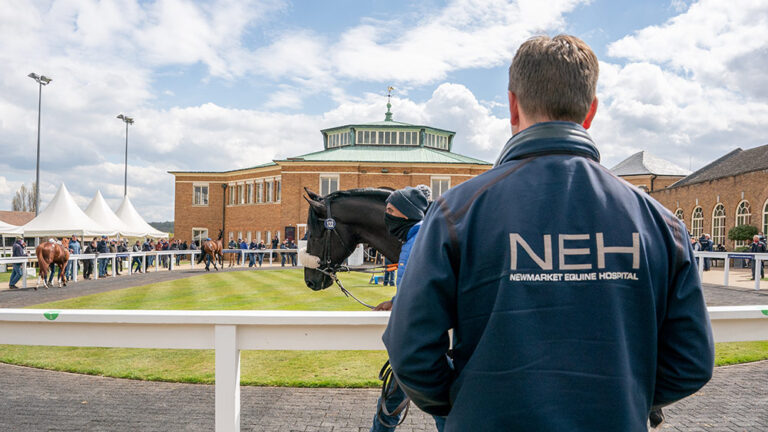
At Syndicates.Racing, we understand that the key to a successful racehorse investment starts with a thorough pre-purchase veterinary exam. This crucial step helps us ensure
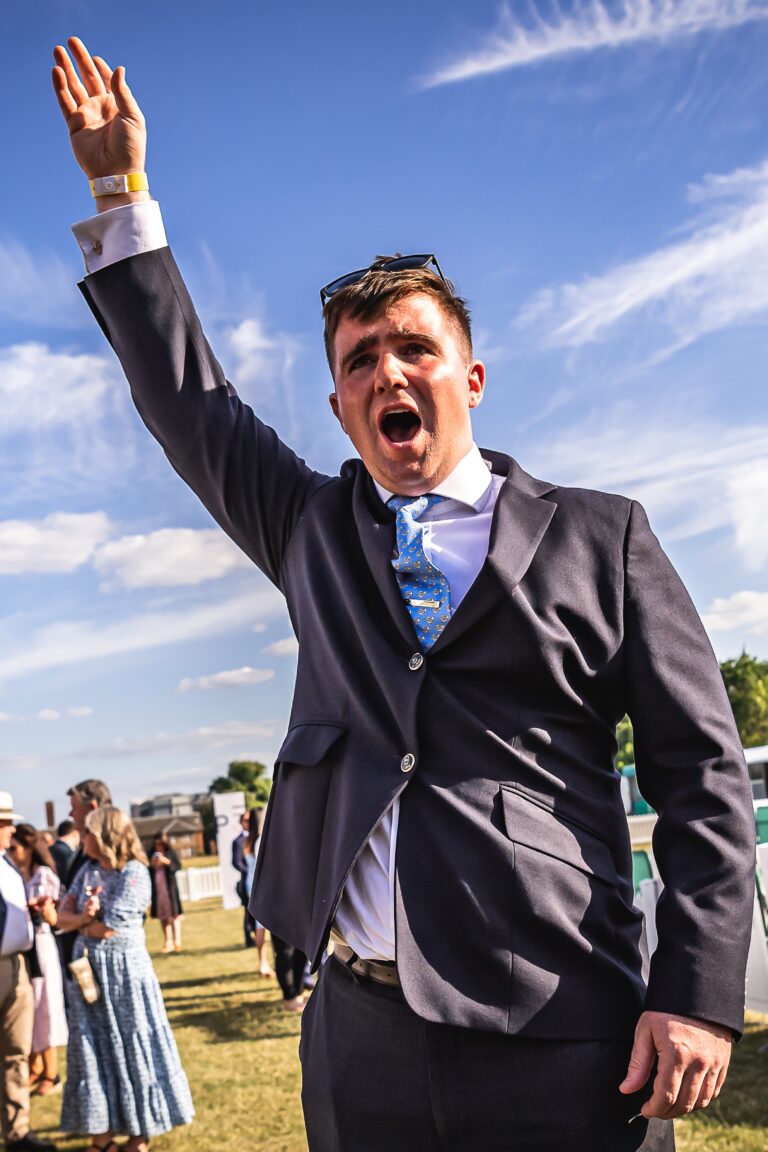
At Syndicates.Racing, understanding the pedigree of a racehorse is essential to making informed investment decisions. A pedigree page provides valuable insights into a horse’s lineage,
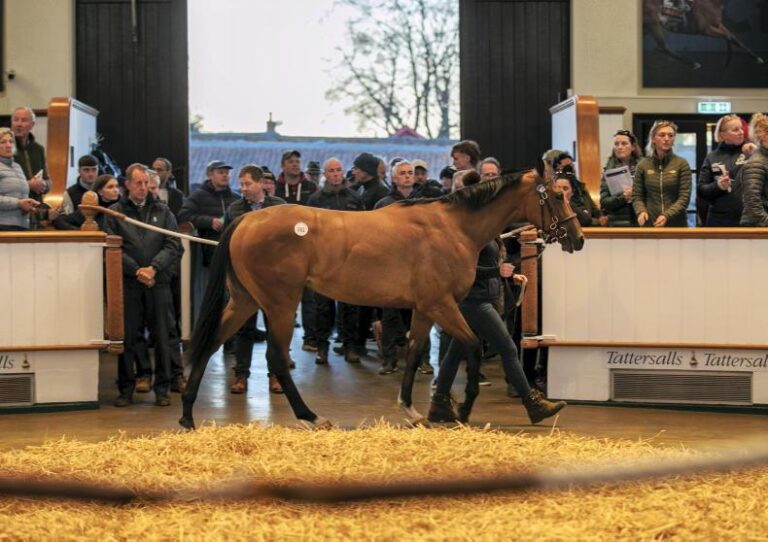
At Syndicates.Racing, we watch the world of horse racing continuously evolving with new technologies and methodologies to enhance the selection and training of racehorses. One
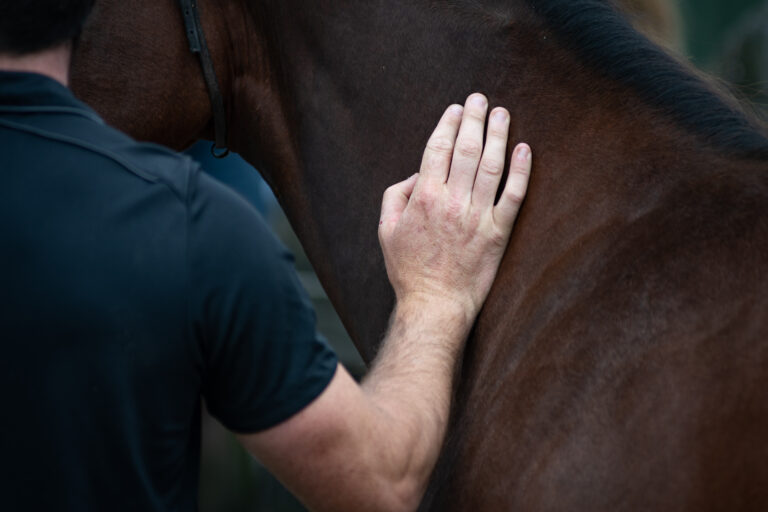
Ensuring the welfare of your racehorse is paramount to their health and performance at Syndicates.Racing. Here are some best practices to follow that you can